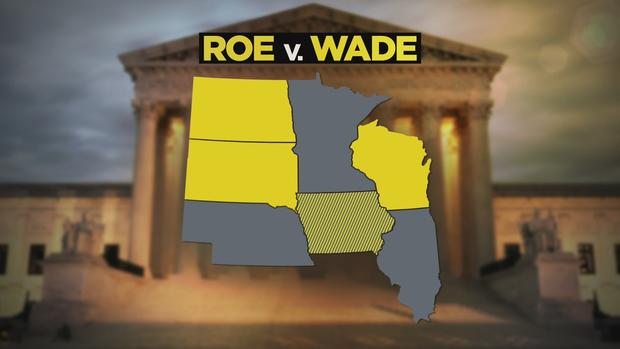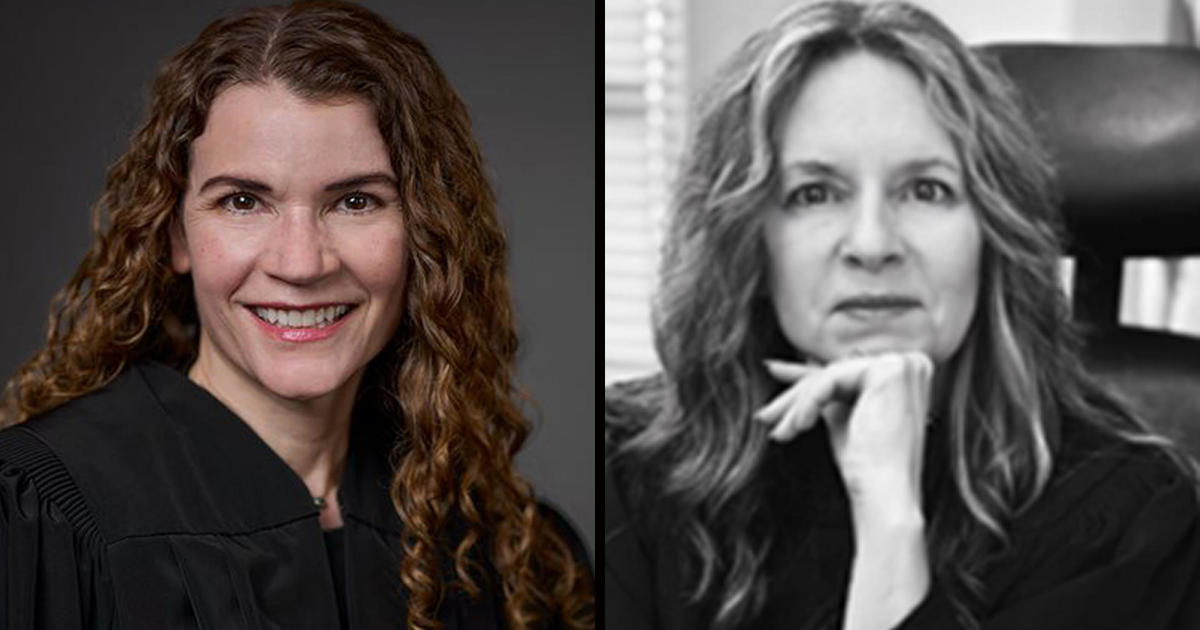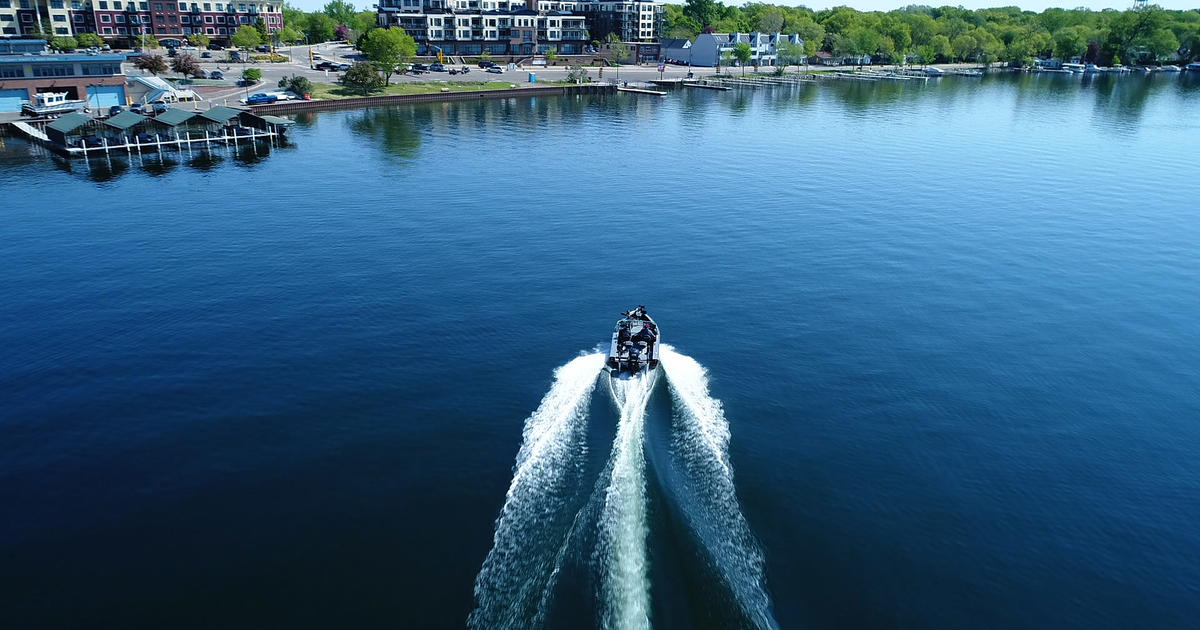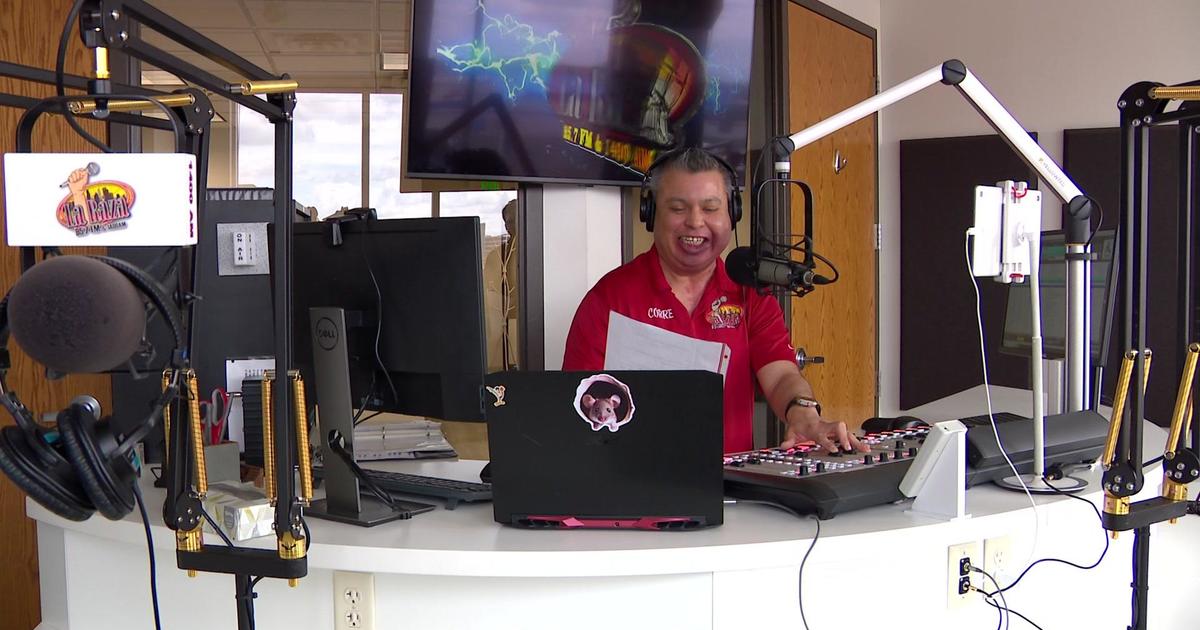Minnesota Could See More Out-Of-State Women Seeking Abortions If Roe v Wade Reversal Bans Access Elsewhere
ST. PAUL, Minn. (WCCO) -- Planned Parenthood North Central States is preparing a surge in women seeking abortions to come to Minnesota for the procedure if the U.S. Supreme Court overturns Roe v. Wade.
The regional chapter of the organization expects to see at least a 25% increase in patients in Minnesota, said Sarah Stoesz, the president and CEO.
"We've been working on a number of different models for a while to see if we can get our arms around it, assuming Minnesota becomes land locked and the only safest place to get an abortion," she said.
That's because if the leaked draft opinion reversing the 1973 decision stands, so-called triggered bans would take effect in South and North Dakota and a pre-Roe law in Wisconsin would make abortion illegal there, leaving Minnesota one of the few places in the region for access.
In Iowa, there is a strong political effort to overturn state constitutional protections in the Republican-controlled legislature. The state Supreme Court there is hearing a case that could revisit a 2018 decision that guarantees a right to an abortion in Iowa, according to the Des Moines Register.
Out-of-state patients are already coming to Minnesota, according to data from the Minnesota Department of Health.
Of the more than 9,000 abortions in Minnesota in 2020, 10% were patients who came from other states with most of them from Wisconsin. Most of the abortions in 2020 happened within the first 10 weeks of pregnancy, according to that same data.
"We have been very carefully building our infrastructure here in Minnesota so we are able to welcome that surge," said Stoesz. "We believe that is our responsibility"
Planned Parenthood is the largest abortion provider in the state. More than 7,000 procedures in 2020 happened in one of their facilities across the state, according to the data.
While it has the physical space to accommodate more people who might seek abortions, workforce remains a challenge and could impact access, Stoesz said.
"Everyone in health care is struggling with this right now it's a definite possibility that abortion will become harder to access for people inside the state as well as being difficult for people outside the state," she said.
Gov. Tim Walz on Tuesday said his administration had preliminary calls with Wisconsin Gov. Tony Evers about how the two neighboring states would be impacted by the decision.
Walz, Evers and other Democratic governors on Wednesday sent a letter to Congressional leaders asking lawmakers to pass federal legislation codifying Roe v. Wade's protections.
"Overturning Roe will turn back the clock on reproductive health, and Congress must immediately take action to ensure that our nation does not go backward and that the rights of all Americans to access reproductive healthcare and abortion continue to be protected," the letter reads.




